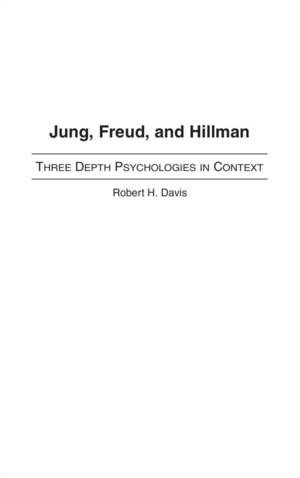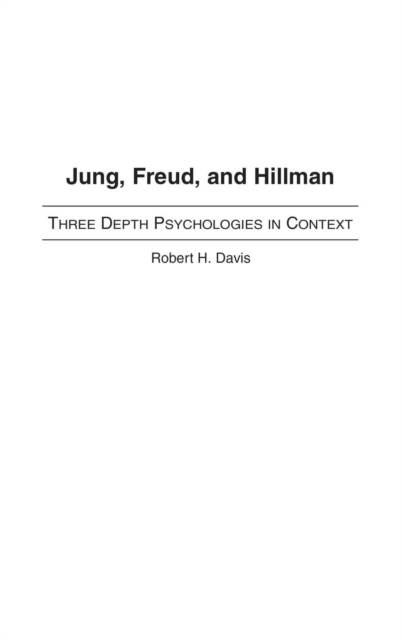
- Retrait gratuit dans votre magasin Club
- 7.000.000 titres dans notre catalogue
- Payer en toute sécurité
- Toujours un magasin près de chez vous
- Retrait gratuit dans votre magasin Club
- 7.000.000 titres dans notre catalogue
- Payer en toute sécurité
- Toujours un magasin près de chez vous
Description
This volume shows how the theoretical ideas of three famed psychologists evolved from the scientific base envisioned by Freud into different belief systems based on clinical observations by their practitioners. Davis traces ideas and influences that provided the context in which depth psychology evolved. Following in the footsteps of great philosophers, like Nietzsche and Schopenhauer, Jung and Freud helped set the stage for the postmodern world, with their emphasis on the role in human psychology of the irrational, unconscious, instinctual, fantasy, and mythology. Unlike Freud and Jung, who clung tenaciously to the belief that they were scientists creating universal theories of human behavior, Hillman does not share that illusion. Hillman finds his inspiration in Renaissance philosophers and romantic poets.
Placing the three men's work in context with a history of ideas in their respective periods, Davis aims to present an academic and objective view of the depth psychologists. Included are some of the familial, social, and cultural factors that influenced thinking by Freud, Jung, and Hillman.Spécifications
Parties prenantes
- Auteur(s) :
- Editeur:
Contenu
- Nombre de pages :
- 264
- Langue:
- Anglais
Caractéristiques
- EAN:
- 9780275974510
- Date de parution :
- 30-09-03
- Format:
- Livre relié
- Format numérique:
- Genaaid
- Dimensions :
- 162 mm x 241 mm
- Poids :
- 539 g







